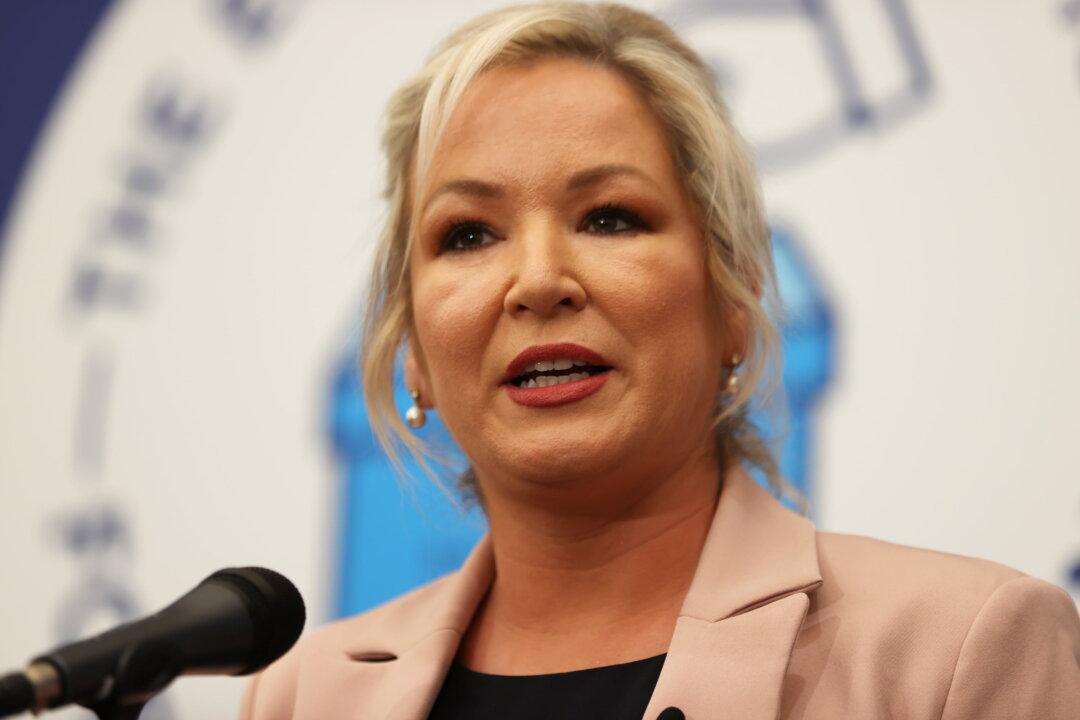The Irish Prime Minister Micheal Martin said he was “amused” at talk of Sinn Fein pushing a border poll to bring about a united Ireland after the Irish nationalist party—formerly the political wing of the Provisional IRA—became the biggest party in Northern Ireland’s assembly.
Martin said: “The whole campaign was on cost of living, on health, and on housing. The border poll was nearly buried from its [Sinn Fein’s] documentation and its manifesto but as soon as the votes are counted, it is brought back into centre stage.”





